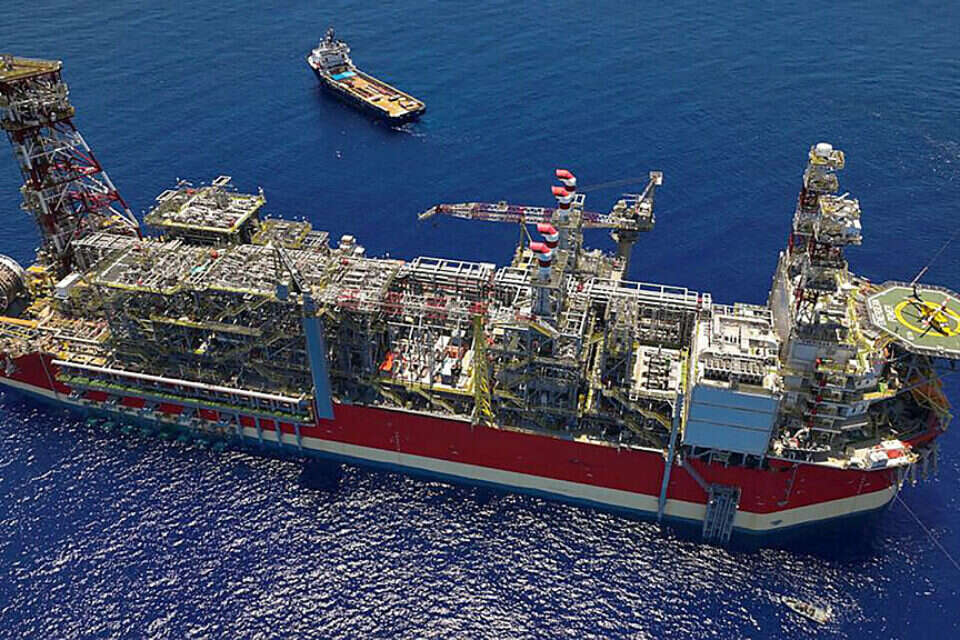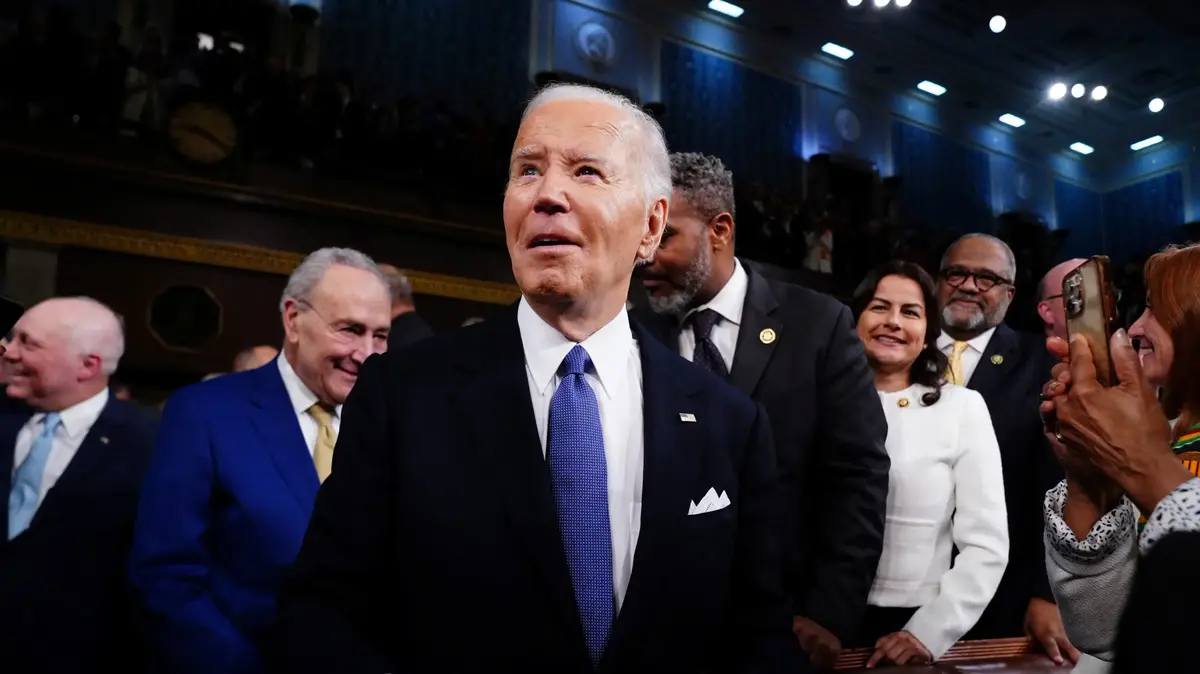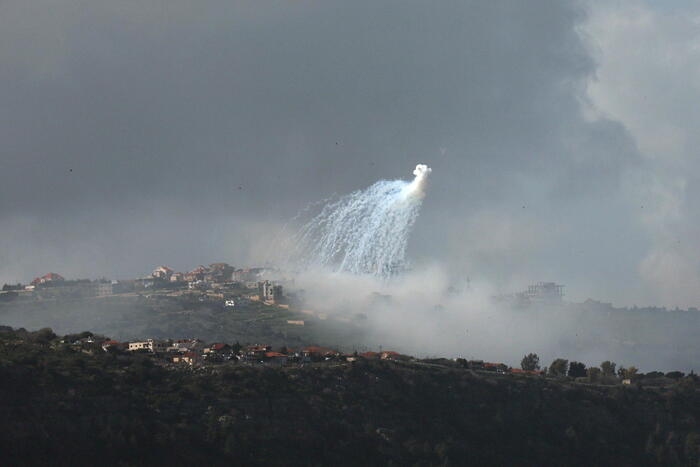Unsurprisingly, the agreement on the maritime border with Lebanon has also become a venomous and heated dispute between the right and the left, or between Netanyahu's fans and the people of "Just not Bibi". While Lapid and Netanyahu, who spout slogans as they please in the campaign, are familiar with the essential details of the agreement, most of the public is quick to adopt firm positions based on political sympathy, and not necessarily based on familiarity with the complicated details of the issue.
But the reality - how disappointing - is complex, and the emerging agreement is not black or white.
So for the benefit of those who are still willing to listen, here is a challenging attempt to explain a complicated and political issue in a simple and objective way as possible.
Yair Lapid, Benjamin Netanyahu, photo: Alex Kolomoisky, Yehoshua Yosef
The dispute between Israel and Lebanon can be seen through two lenses that produce a quite different picture - the economic and the political.
According to the economic narrative, the area over which the conflict broke out is almost entirely unimportant water, except for a small fraction of which there is gas in part (Shark field) and in the other part there is potential for finding gas (Kana field).
At stake is no real "territory" - with settlements, people, holy places, historical connections, etc. - and therefore the proposed arrangement must be examined first and foremost according to the economic gain that is or is not embodied in it.
This is, to a large extent, the starting point adopted by the government, at least according to the nature of the American compromise proposal and the positive Israeli response to it.
Although Israel actually gave up all the maritime territory claimed by the Lebanese, it won significant economic achievements.
The US embassy in Lebanon delivers the draft agreement to the president, photo: AP
The concession in the Kana field is relatively small, and Israel will enjoy royalties for the relative part of the field that will be left in its territory, if and when the Lebanese rig finds oil;
The Shark rig will be able to start producing gas almost immediately, precisely when gas prices are at their peak in view of the energy crisis that is plaguing Europe;
The danger of the immediate confrontation with Hezbollah will pass, and the Israeli rigs - not only Shark, but also those in the Leviathan, Tamar and Tanin reservoirs - will have an insurance policy in the form of the Lebanese rig that will be built in Qana, since Hezbollah will now know that any damage to them will be met with its destruction.
As a bonus, the gas produced by the Lebanese is expected to slightly stabilize the country stricken by the economic crisis, and above all to weaken its dependence on Iran and hence the influence of the Islamic Republic on it.
However, in this context it is important to note that before Lebanon can start producing gas - if it is indeed found in the Kana field - at least 5 to 7 years will pass.
Amos Hochstein, the American mediator between Israel and Lebanon,
According to the second narrative, the conflict over the maritime border - like any territorial conflict between countries - is examined first of all through a political lens, which overshadows the picture of economic achievements.
The fact that this is a dispute over a maritime area, the vast majority of which is not even of economic importance, does not change the fact that Israel's absolute relinquishment of this area creates a fundamentally dangerous precedent: the message received by Hezbollah, and already echoed by Nasrallah and his partners, is that Israel has succumbed to threats of using force.
This is a very problematic message, which may be translated by Hezbollah into arenas and other disputes, and encourage attempts to blackmail Israel that will end in more foldings - or in a military confrontation.
On these two starting points, Lapid, Netanyahu and their emissaries in the studios built spins: for example, Lapid claims an achievement in that the entire Harish reservoir remains in Israel's hands, but even when the negotiations between the parties began, this reservoir was not part of the dispute. Only after several years of talks - It is possible that under the pressure of Hezbollah - Lebanon suddenly artificially formalized its demands, and shifted the maritime boundary line that it claimed for itself to the south, so that it would also include a significant part of the Harish reservoir, and all this without any conceivable legal reasoning. Clearly, it was "Goat" that was introduced To the negotiation on purpose, and Lapid, out of his considerations, chooses to hold on to it.
Prime Minister Lapid flies over the "Shark" rig
Netanyahu, on the other hand, is trying to blur the difference between the complete relinquishment of its maritime territory that Israel agreed to, and the much smaller relinquishment of the Kana Reservoir, which alone has economic importance.
He claims that Israel gave up a huge gas reserve to Lebanon, while in practice the giving up is for a relatively small part of the field, even in relation to the demand set by his own government in the previous rounds of talks.
On top of that, Kana is not a gas reservoir but a potential gas field, which at this stage is not at all clear if gas is indeed found there and in what quantity.
Also, Israel is expected, as mentioned, to receive royalties for the portion of Kana that will remain in its territory, although the amount of these royalties and the method for calculating them have not yet been fully determined.
In the bottom line, the agreement that was reached - if indeed it will be signed in the end, and this is also in question - is not the work of the devil nor the splendor of political creativity, but a compromise that has considerable advantages alongside significant disadvantages.
It is certainly possible to adopt a position that holds that the advantages are greater than the disadvantages or vice versa, but it is advisable to do so based on the facts and not on the spins of politicians in the midst of an election campaign.
were we wrong
We will fix it!
If you found an error in the article, we would appreciate it if you shared it with us















